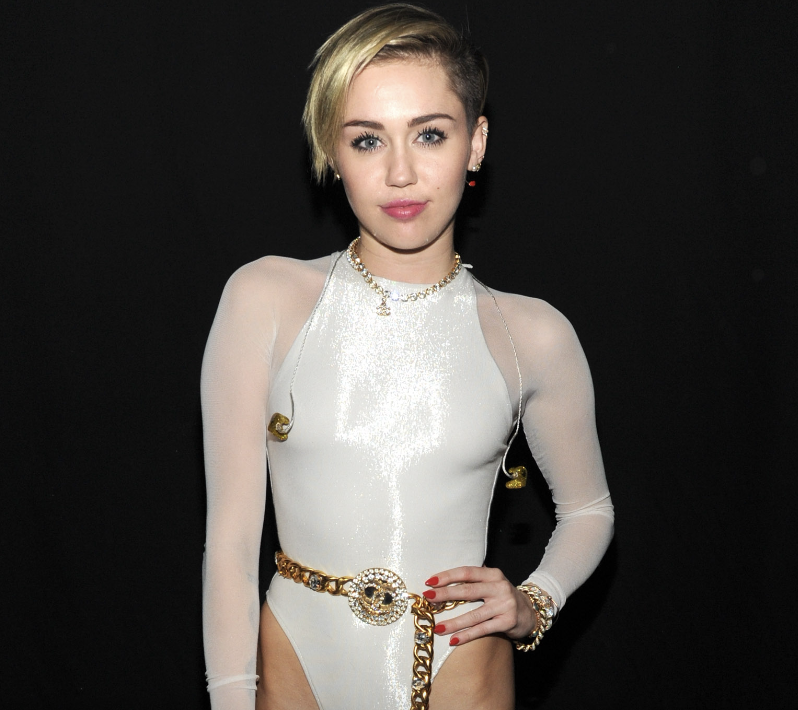In the ever-evolving world of fashion, where trends come and go, a significant shift has taken place—towards sustainability and conscious consumerism. This article explores the transformative journey of the fashion industry, highlighting the rise of sustainable style, ethical practices, and the impact of conscious choices on the global fashion landscape.








The traditional fashion industry was synonymous with fast fashion—rapid production, low-cost items, and a high turnover of trends. However, a growing awareness of environmental and ethical concerns has prompted a shift towards sustainable fashion. We delve into the industry’s awakening and the factors driving this transformative change.








Sustainable fashion goes beyond eco-friendly materials. It encompasses ethical practices, fair labor conditions, and a commitment to reducing environmental impact. We explore the core principles of sustainable fashion and how it has evolved into more than just a passing trend.








Top fashion designers are increasingly incorporating sustainability into their collections. We showcase renowned designers who have embraced eco-friendly materials, ethical sourcing, and innovative design practices, proving that style and sustainability can go hand in hand.








Eco-friendly fabrics are at the forefront of sustainable fashion. We explore the rise of innovative materials, such as recycled polyester, organic cotton, and Tencel, shedding light on how these fabrics are not only environmentally conscious but also setting new trends in the fashion industry.








Numerous fashion brands are committing to making a positive impact. We highlight brands that have embedded social responsibility into their business models, supporting charitable causes, empowering local communities, and proving that fashion can be a force for good.







Conscious consumerism plays a pivotal role in reshaping the fashion industry. We discuss how informed choices by consumers, such as supporting sustainable brands and embracing the concept of capsule wardrobes, contribute to a more responsible and mindful approach to fashion.








The slow fashion movement advocates for quality over quantity, encouraging consumers to invest in timeless pieces that stand the test of time. We explore how this shift towards slower, more intentional consumption aligns with sustainable practices and contributes to reducing fashion’s environmental footprint.








Vintage and thrift shopping are gaining popularity as sustainable alternatives to fast fashion. We delve into the appeal of secondhand chic, the unique treasures found in thrift stores, and the positive environmental impact of giving pre-loved garments a second life.












